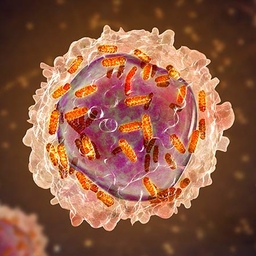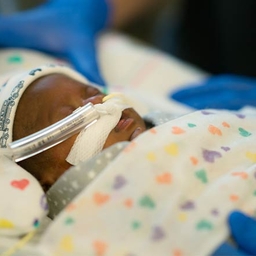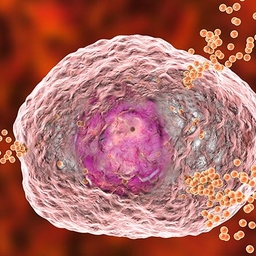Research News from CHOP


New Computational Tool Tracks Transfer of Mitochondria from T Cells to Cancer Cells
CHOP researchers have developed a computational tool to determine which cells in patient tumor samples receive mitochondria from T cells.

CHOP Researchers Find NICU Antibiotic Use Decreased Substantially in Past Decade
Antibiotic use in neonatal intensive care units (NICUs) decreased substantially over the past decade, according to CHOP researchers.
CHOP Researchers Find Barriers to Driver Training and Licensure, Especially Among Low-Income Teens
Neighborhood socioeconomic status and travel time to driving schools significantly impacted access to driver training and getting licensed.

CHOP and Penn Researchers Receive $50 Million NIH Grant to Study Impact of Environmental Factors on Pregnancy and Children’s Health
CHOP and Penn researchers have received a $50 million grant from the NIH to study the impact of environmental influences on pregnancy and children’s health.

CHOP Researchers Improve Fitness of Cells Used in Cell Transplants
CHOP researchers find exposing cells to a small molecule drug improves cell fitness during hematopoietic stem cell transplants, which could improve ex vivo gene therapy.
College Athletes Experience Worse Post-Injury Outcomes for Concussions Suffered Outside of Sports
Female athletes also had more severe symptoms associated with these injuries.
CHOP Researchers Develop Novel Method Using MRI to Study Diseases Modeled in Zebrafish
This initial study found evidence linking changes in organ development with symptoms seen in certain human mitochondrial diseases.
CHOP Researchers Lead International Expert Panel, Curating Evidence for Over 100 Genes Causing Leigh Syndrome Spectrum
Forty researchers met regularly over four years to determine which genes have the strongest link to the most common pediatric form of mitochondrial disease.
Multidisciplinary Task Force Develops Clinical Recommendations for Rare, Life-Threatening Hyperinflammatory Syndromes
Hemophagocytic lymphohistiocytosis (HLH) and macrophage activation syndrome (MAS) are overlapping hyperinflammatory syndromes that involve disorganization and malfunction of the immune system, leading to widespread inflammation and organ damage. The conditions can progress rapidly, making early identification and management key for preventing organ failure and death.
CHOP Researchers Show Epilepsy and Autism Symptoms in Dravet Syndrome May Be Caused by Separate Mechanisms
Dravet syndrome is a severe neurodevelopmental disorder defined by treatment-resistant epilepsy and features related to autism spectrum disorder.